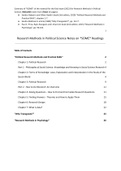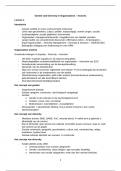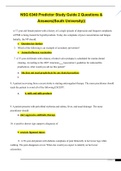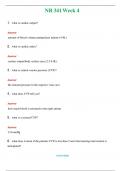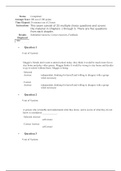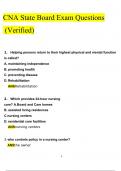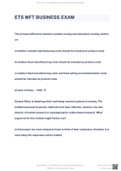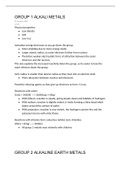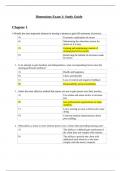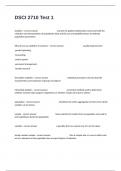Samenvatting
Summary Research Methods in Political Science Notes on *SOME* Readings - GRADE 7,0
- Vak
- Instelling
- Boek
Summary of *SOME* of the material for the final exam (2022) for Research Methods in Political Science. INCLUDES notes from (Total: 26 pages): Sandra Halperin and Oliver Heath’s book (3rd edition, 2020) “Political Research Methods and Practical Skills”, chapters 1-7. Sandra Mathison’s ...
[Meer zien]
